

How do you get the best quality health care in the University of California’s renowned public medical system? At UCLA’s Ronald Reagan Medical Center it’s a gold-colored wallet card with a personalized number to call. When flashed from a gurney in the ER (or at a club to impress friends), the card means one thing: The patient in question is a VIP.


Aimee Roylance was thrilled when her son was accepted into Livermore Valley Charter School in 2010. “The experience overall was very positive,” she says. But she didn’t know what was going on behind the scenes.
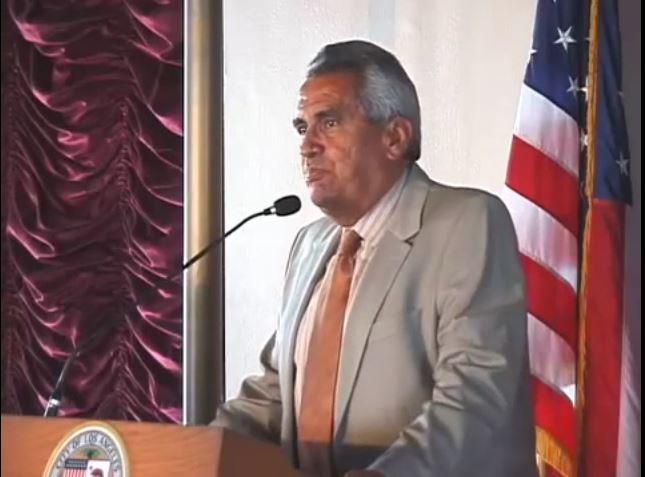
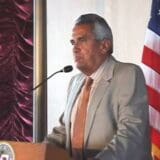
“I’m always the bad Mexican,” Richard Alatorre states early in his new autobiography, Change From the Inside. In his 12 years in the California Assembly, Alatorre powerfully supported affirmative action, better farm-worker conditions, prison reforms and redistricting. He was the man in the black hat who used Machiavellian politics to help the white hats get things done.


One of the wryest moments in Karen Rizzo’s insightful one-act comes when Lee (Mark Carapezza), a sculptor attending a dinner party with his wife, blinks with bewilderment as he clutches a glass of $2,500-a-bottle Scotch in one hand and a goblet of chichi red wine in the other.
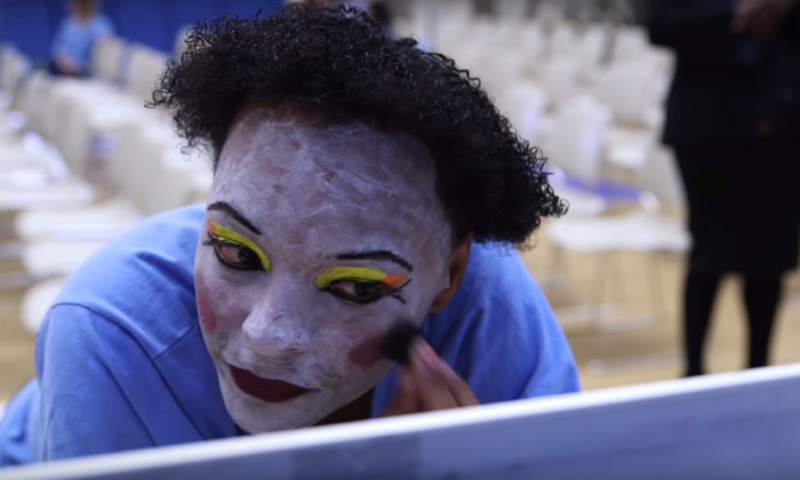

Vivian Rothstein reports on a theater program for California inmates.


Co-published by The Nation
Alissa Quart reports on teachers who drive for Uber.


Lovell Estell III: Will a major university be without childcare services?


Everybody knows that sunflowers turn their heads toward the sun. But until now no one knew whether the movement simply followed the sun’s arc, or whether some internal rhythm guided the plants. Now we have a clue.
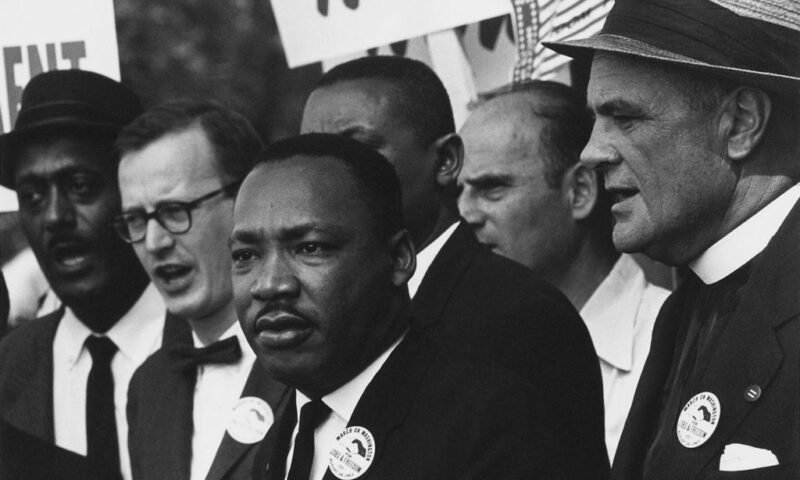
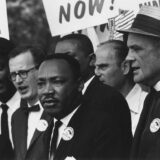
Most Americans today know that Reverend Martin Luther King Jr. was killed in Memphis, Tennessee in 1968, but few know why he was there. King went to Memphis to support African American garbage workers, who were on strike to protest unsafe conditions, abusive white supervisors, and low wages — and to gain recognition for their union.


When the Olympics ended so did a multimillion-dollar assault on democracy. From the start of the games in Rio to the closing ceremony, television viewers in Massachusetts had been bombarded with a $2.3 million ad campaign funded by Wall Street.